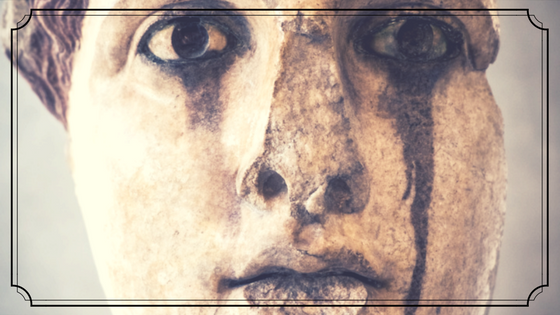“…I do not approve of mercenary marriages. When I married Lord Bracknell I had no
fortune of any kind.
But I never dreamed
for a moment of allowing that to stand in my way.”
Lady Augusta Bracknell,
The Importance of Being Earnest
I have no deep thoughts or profound themes to expound in
today’s blog entry. That’s because I am laughing too hard at Oscar Wilde’s
play, The Importance of Being Earnest. It’s quite possibly my favorite play, not
only of Oscar Wilde, but also of all the drama I’ve ever read, including
Shakespeare.
Part Dickens, part Monty Python, part Marx Brothers, all
wit and all hilarity, Earnest is a
clever farce in which the boring Mr. Jack Worthing departs his dull duties in
the country with the excuse that he must deal with his fun-loving and reckless
brother Ernest in the city. Once in the city,
though, Jack takes on the persona of this nonexistent brother in order to enjoy
his young life and woo the sophisticated but naïve Gwendolen Fairfax. All the while he also keeps a secret his
humdrum life—and his young ingénue ward Cecily Cardew—from his equally
fun-loving and reckless friend, aesthete and idle rich Algernon Moncrieff, who
happens to be Gwendolen’s cousin.
When Gwendolen’s mother, Algernon’s indefatigable Aunt Augusta,
refuses to let Jack/Ernest marry her daughter, Jack/Ernest decides that it would
be useless to carry on the charade, and decides to kill off his fictional
brother. This, along with letting slip
his actual country address, gives friend Algy a foothold into his friend’s
life. Algy arrives at Jack’s home posing
as “Ernest,” and of course falls for sweet Cecily.
Of course insanity is bound to ensue when the two
so-called Ernests collide…and their love interests’ paths intersect. But nothing could compare to the bombshell
that Aunt Augusta drops when she
drops in.








































